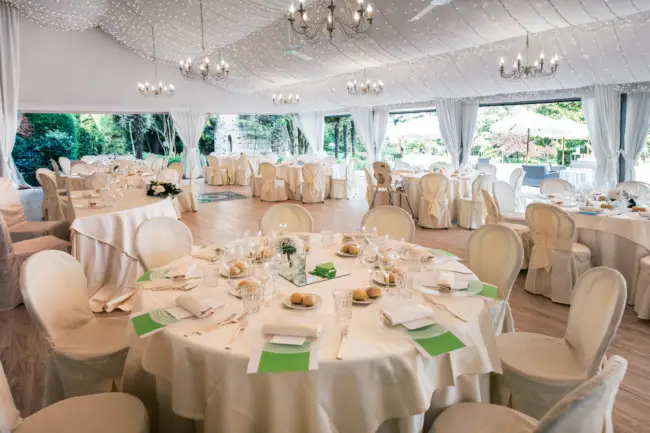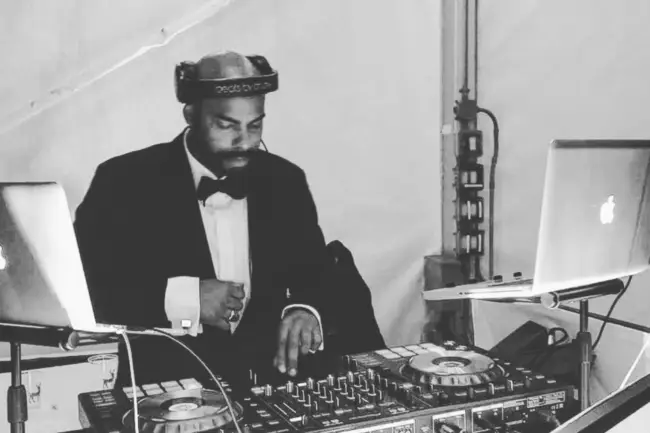 Availability and Capacity:
Availability and Capacity:
- Is the venue available on our desired wedding date?
- What is the maximum capacity of the venue, and does it comfortably accommodate our guest list?
- Pricing and Packages:
- Can you provide a breakdown of the pricing, including any additional fees or charges?
- What is included in the wedding package (e.g., catering, decorations, setup, cleanup), and are there any customizable options?
- Catering and Beverage Policies:
- Do you have an in-house catering service, or can we bring in our own caterer?
- Are there restrictions on alcohol service, and do you have a list of approved vendors for bar services?
- Logistics and Restrictions:
- What are the setup and teardown times for the wedding day, and is there flexibility with these timings?
- Are there any restrictions or rules we should be aware of, such as noise ordinances, decoration limitations, or curfews?
- Backup Plans and Weather Considerations:
- Do you have a backup plan in case of inclement weather for outdoor weddings?
- What is the policy regarding cancellations or rescheduling due to unexpected circumstances?
These questions will help you gather essential information about the venue and ensure it aligns with your vision and budget for your wedding day.



 High-Quality Equipment: Wedding DJs invest in professional-grade audio and lighting equipment to ensure the best possible sound and visual experience for your special day. These items include speakers, amplifiers, mixers, microphones, and specialized lighting systems. Quality equipment comes with a significant price tag, and DJs often update and maintain it to guarantee top-notch performance.
High-Quality Equipment: Wedding DJs invest in professional-grade audio and lighting equipment to ensure the best possible sound and visual experience for your special day. These items include speakers, amplifiers, mixers, microphones, and specialized lighting systems. Quality equipment comes with a significant price tag, and DJs often update and maintain it to guarantee top-notch performance.
 How do you handle song requests from the bride and groom, and how much flexibility do you offer in customizing the playlist for their special day?
How do you handle song requests from the bride and groom, and how much flexibility do you offer in customizing the playlist for their special day?